In a recent reversal, the National Park Service (NPS) has lifted its previous ban that prevented park rangers from attending Pride events in their official uniforms.
This decision came after the LGBTQ community expressed strong opposition to the initial directive. Secretary of the Interior, Deb Haaland, made the announcement, highlighting a shift towards inclusivity in government agency practices.
Initial Ban and Community Backlash
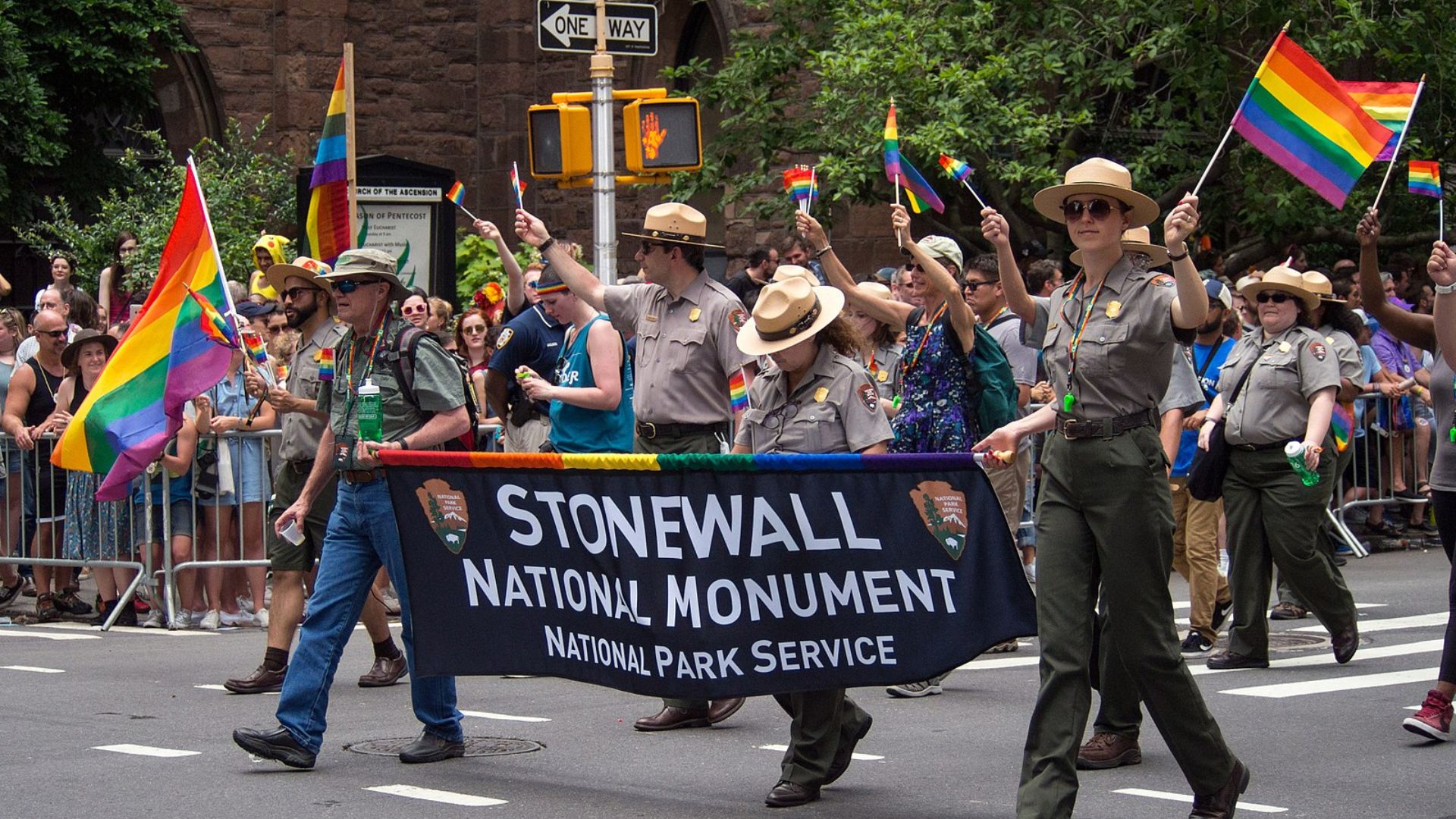
Earlier this month, the NPS had issued a directive prohibiting its employees from participating in Pride month events while in uniform. This decision was reported first by Politico’s E&E News.
The directive met with significant backlash from the LGBTQ community, which played a crucial role in prompting a reevaluation of the policy.
Haaland’s Directive for Change
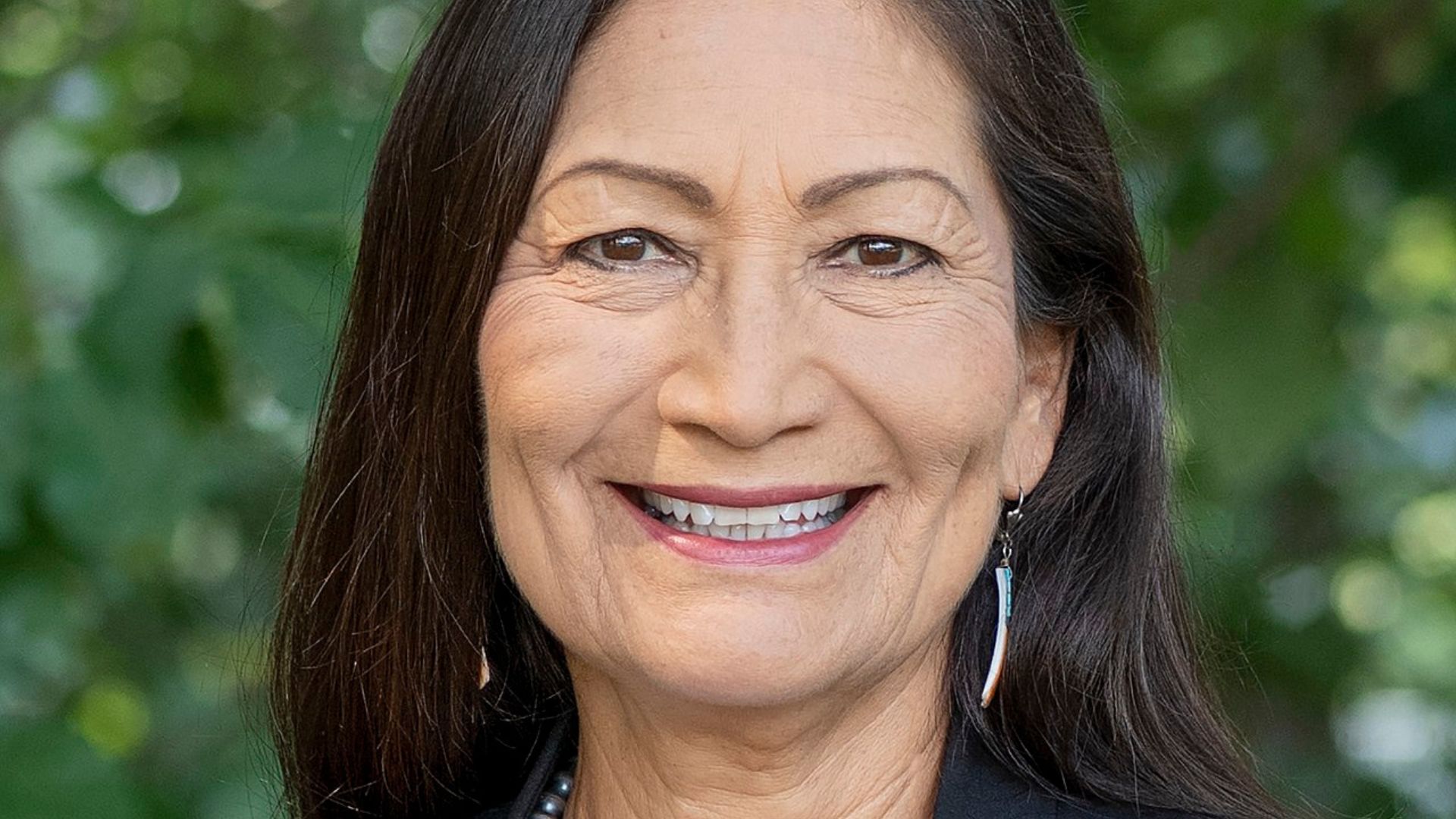
Secretary Deb Haaland responded to the outcry by directing leadership from Interior’s bureaus to review policies regarding employee participation in “externally organized events.”
She emphasized the importance of events like Pride Month, stating, “Special Emphasis Months, including Pride Month, which honors LGBTQ people, are a ‘priority’ for her.”
Expanding Participation in Externally Organized Events
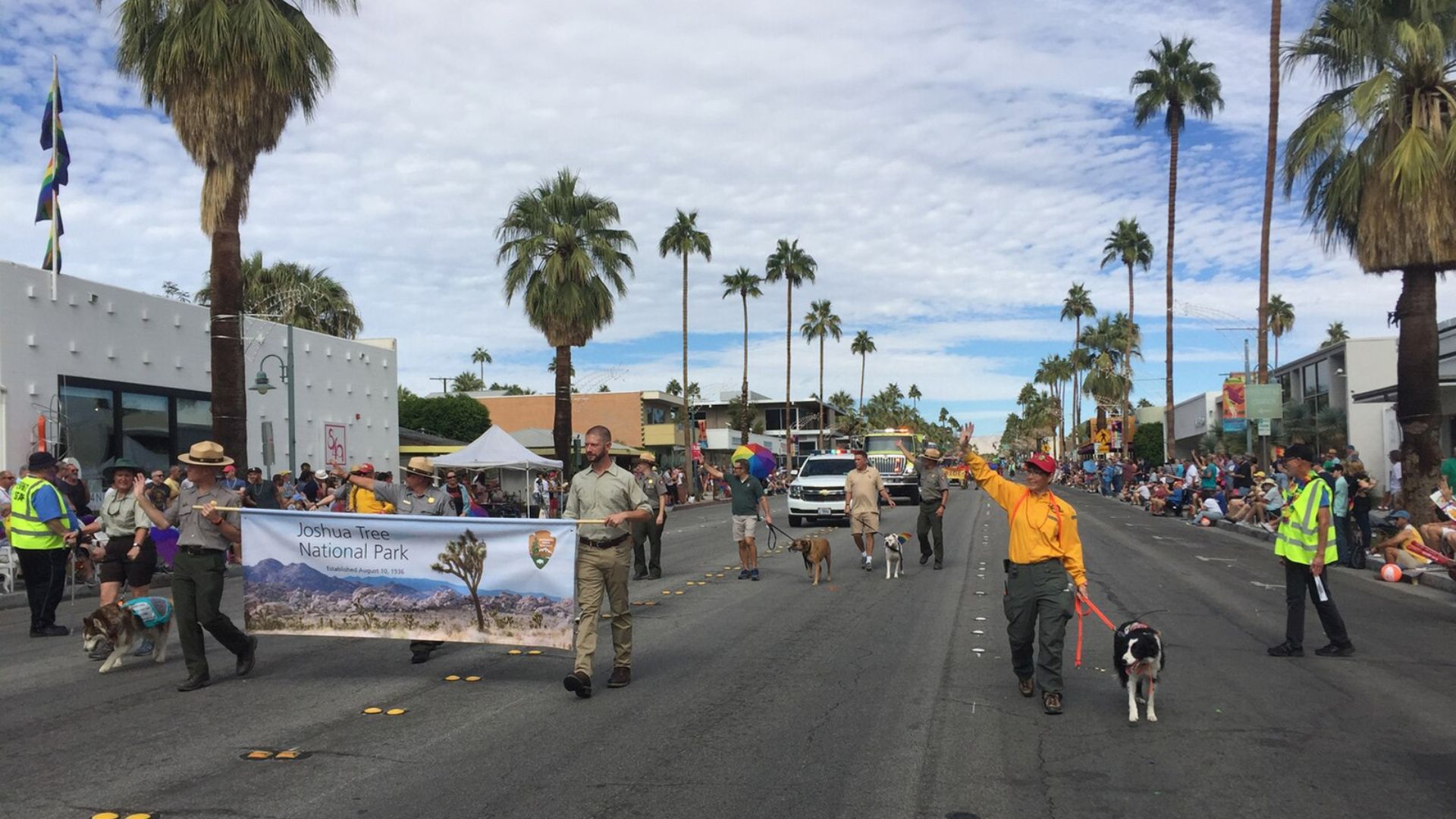
Haaland’s statement elaborated on her directive: “In further recognition of the importance of these months, I am directing Bureau leaders or their designated officials to determine how and when bureaus should participate in these externally organized events.”
This directive aims to include marching units in parades and booths at events, allowing employees to participate in uniform.
Reversing the May 9 Memo
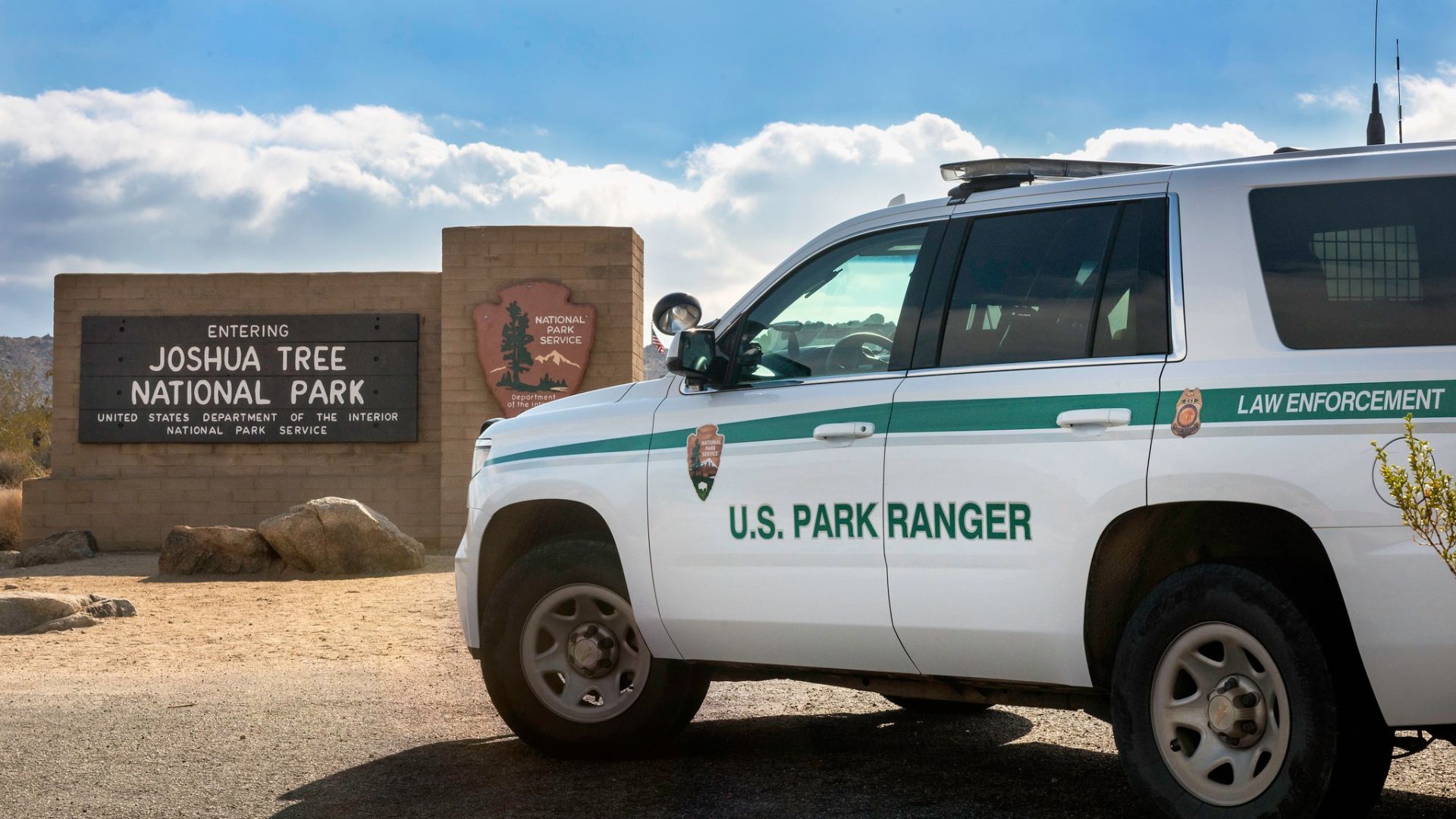
The initial memo from May 9, by National Park Service Operations Director Frank Lands, had restricted uniform wear at non-NPS organized events due to concerns about implying agency support for specific issues or political stances.
Lands stated, “while in uniform, NPS employees are prohibited from, ‘participating in or attending any demonstration or public event wherein the wearing of the uniform could be construed as agency support for a particular issue, position, or political party.’”
Clarification of Communication Through Uniforms
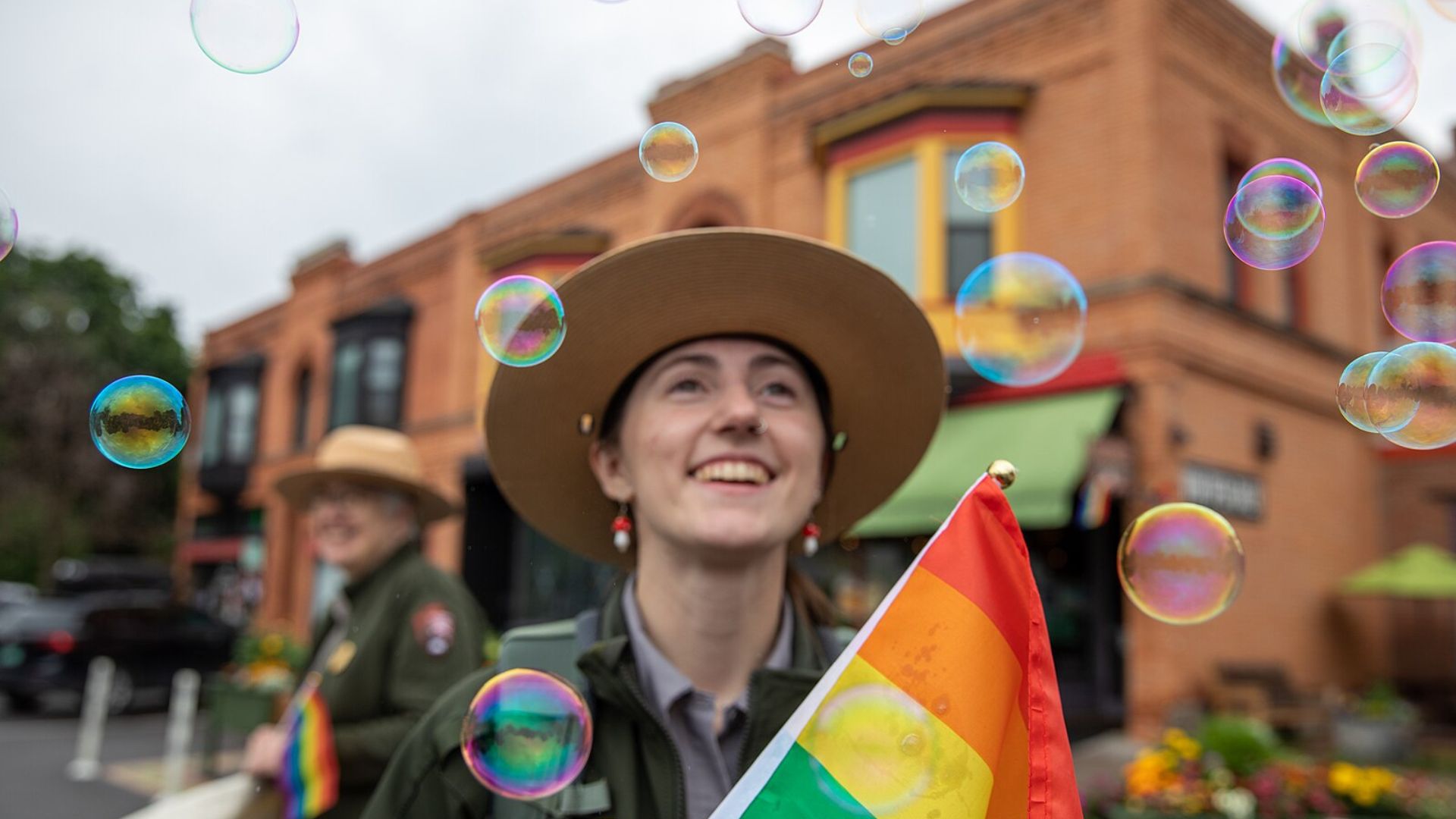
The memo also expressed concerns about uniforms at public events being seen as a form of communication that could misrepresent the NPS.
“Parades and similar events are seen as a form of communication, both for the organizers and participants, so participation by uninformed employees would be viewed as communication on behalf of the NPS,” the memo explained.
Ensuring Consistent Participation Standards
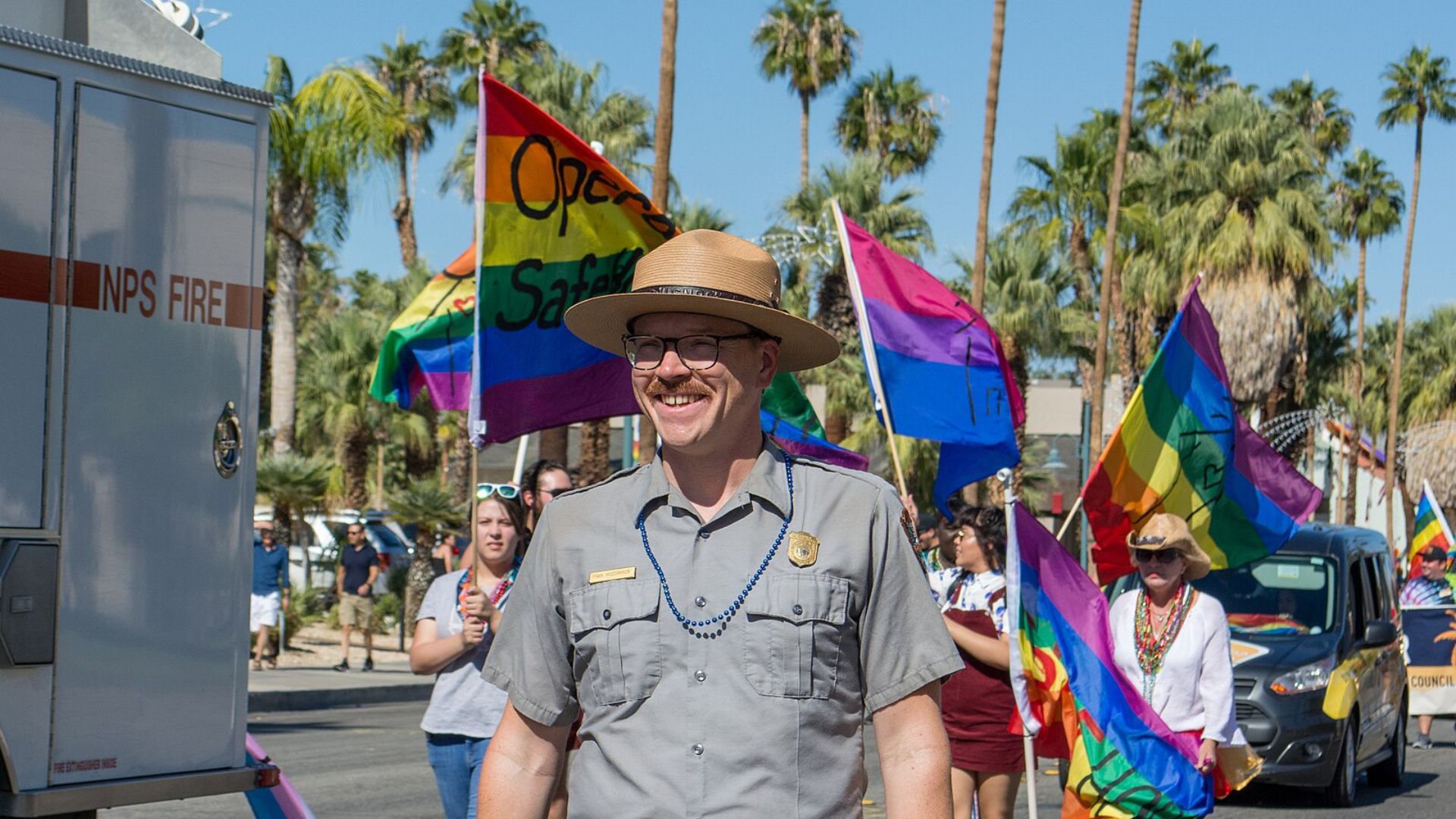
In her announcement, Haaland instructed bureau leaders to ensure that “participation is consistent with all relevant standards, policies, and laws for participating employees.”
This statement intends to uphold the integrity of the agency while allowing employees to engage more actively in significant cultural events.
Haaland on Implementing Policy Fairly
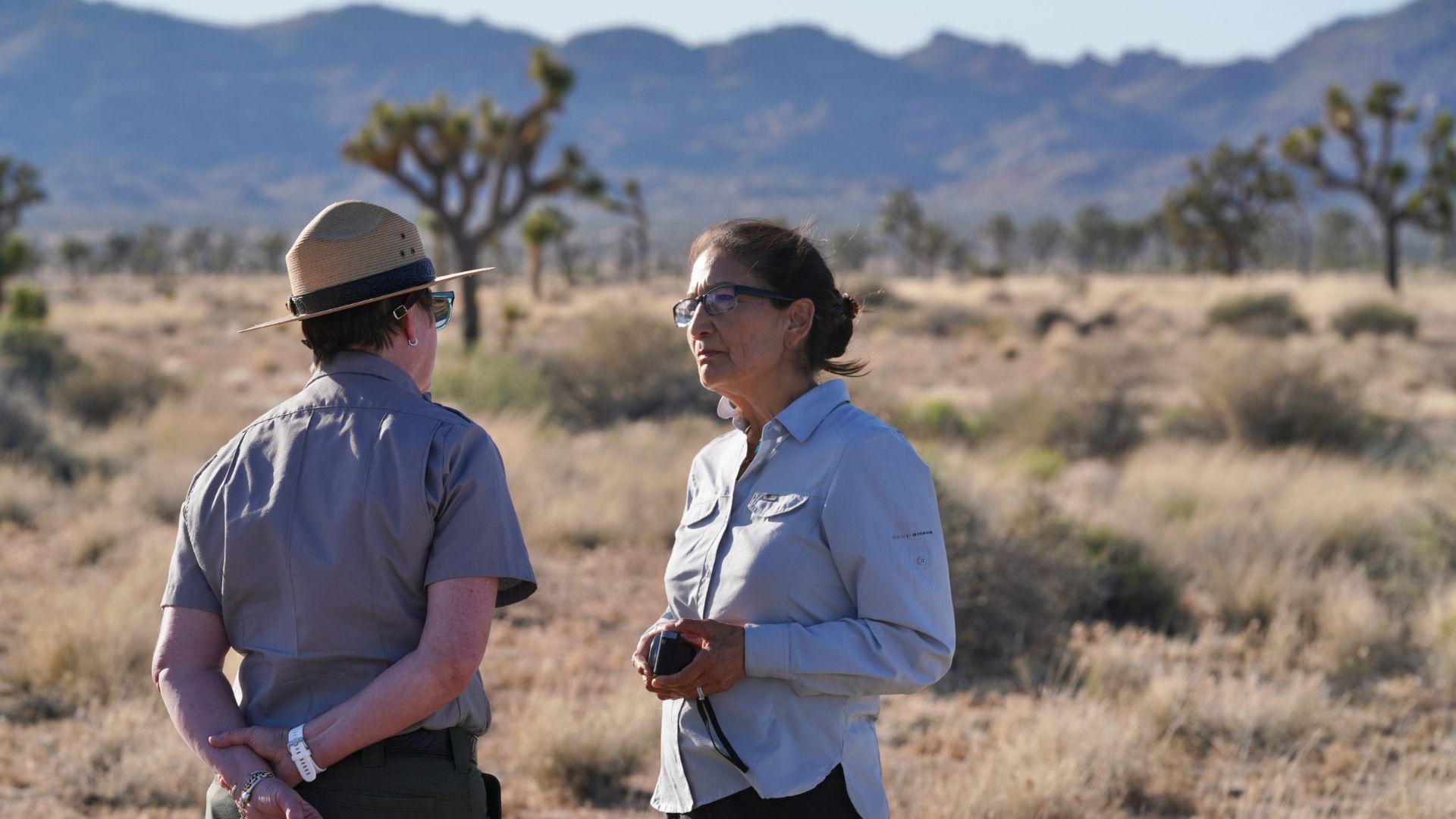
“We have an obligation to implement policy fairly and equitably,” Haaland stated, addressing potential concerns about the application of the new guidelines.
She expressed hope that her directive would clear up any confusion regarding participation in Special Emphasis Months as these events begin.
Community Reaction to the Policy Reversal
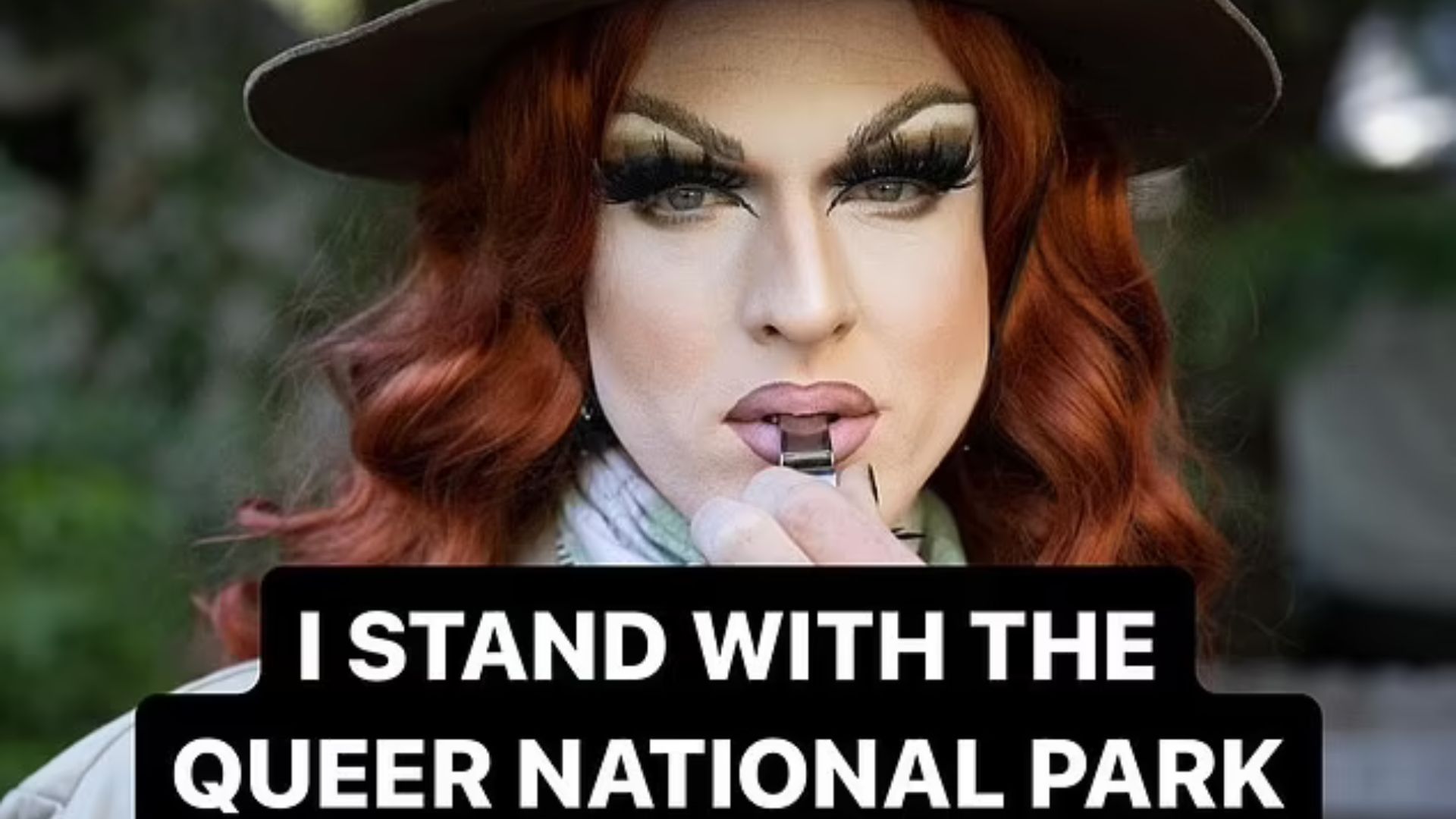
Pattie Gonia, a drag queen involved in organizing a Pride Parade for Yosemite National Park employees, praised the reversal.
However, she noted the importance of implementing safeguards in the new policy. According to E&E News, she said, “We remain cautious on how the updated policy will be implemented.”
Concerns About Local Leadership and Policy Application
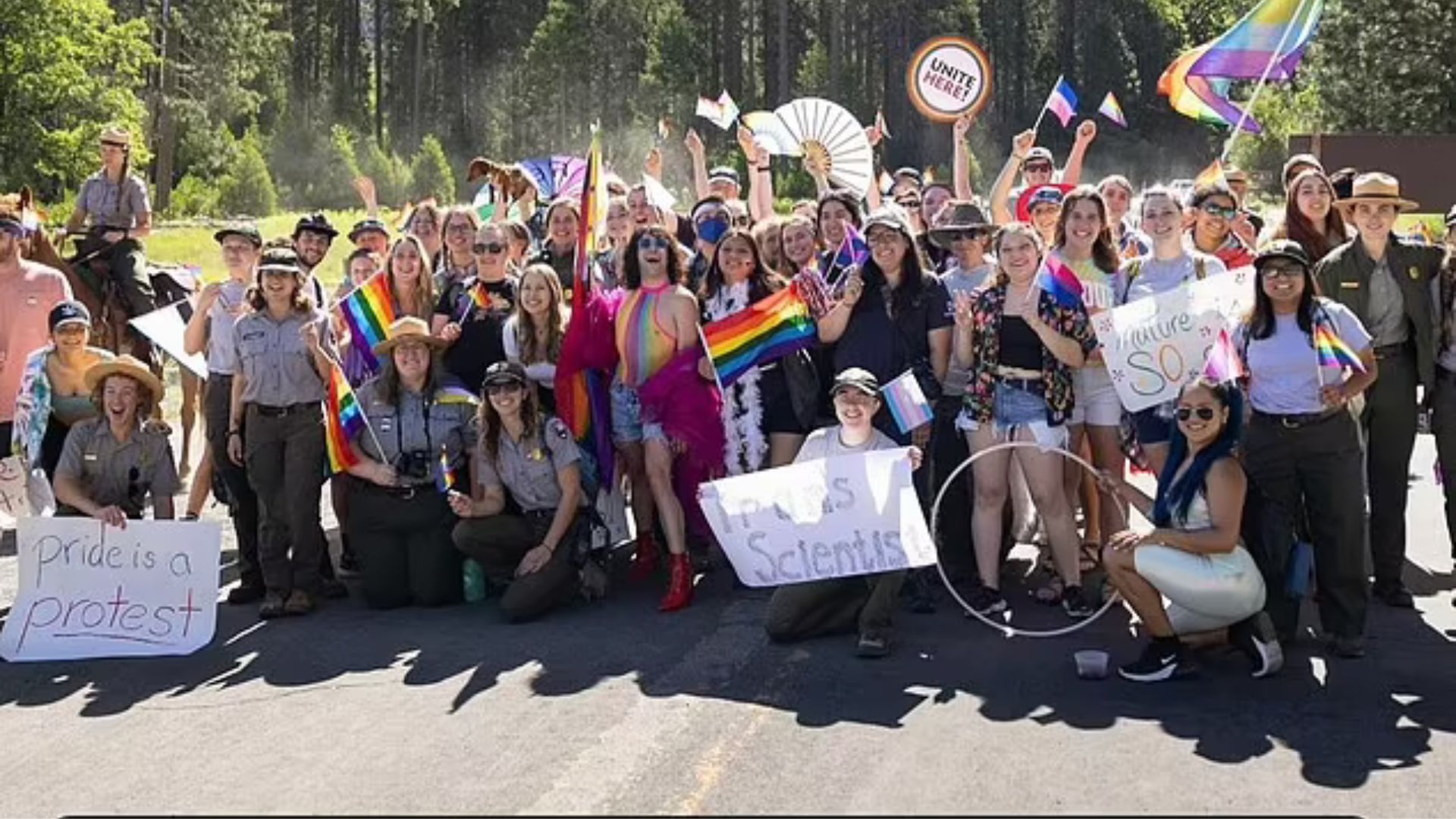
Gonia also highlighted potential issues with local park leadership, which might still need to approve such participation.
“Specifically, we believe the updated policy needs safeguards that would enable employees and employee resource groups to appeal any permission denials as permissions will still need to be approved by local park leadership, which may hold personal views that run counter to policy,” she added.
Role of Employee Resource Groups in Implementation
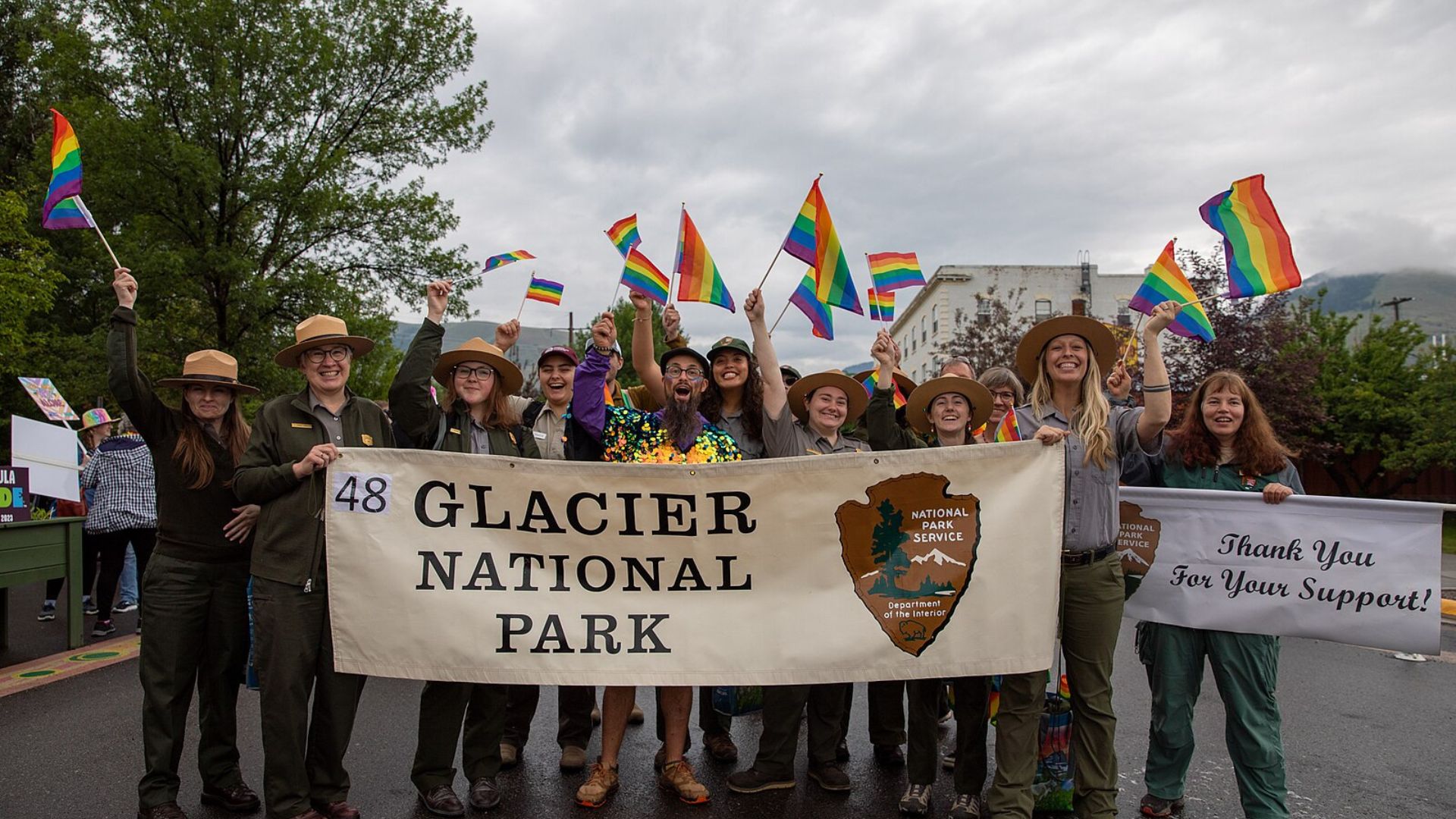
The revised policy implies a significant role for employee resource groups in ensuring that decisions on uniformed participation are made transparently and fairly.
These groups could become instrumental in advocating for employees’ rights to participate in uniform without facing undue restrictions from local authorities.
Future Implications of the Reversal
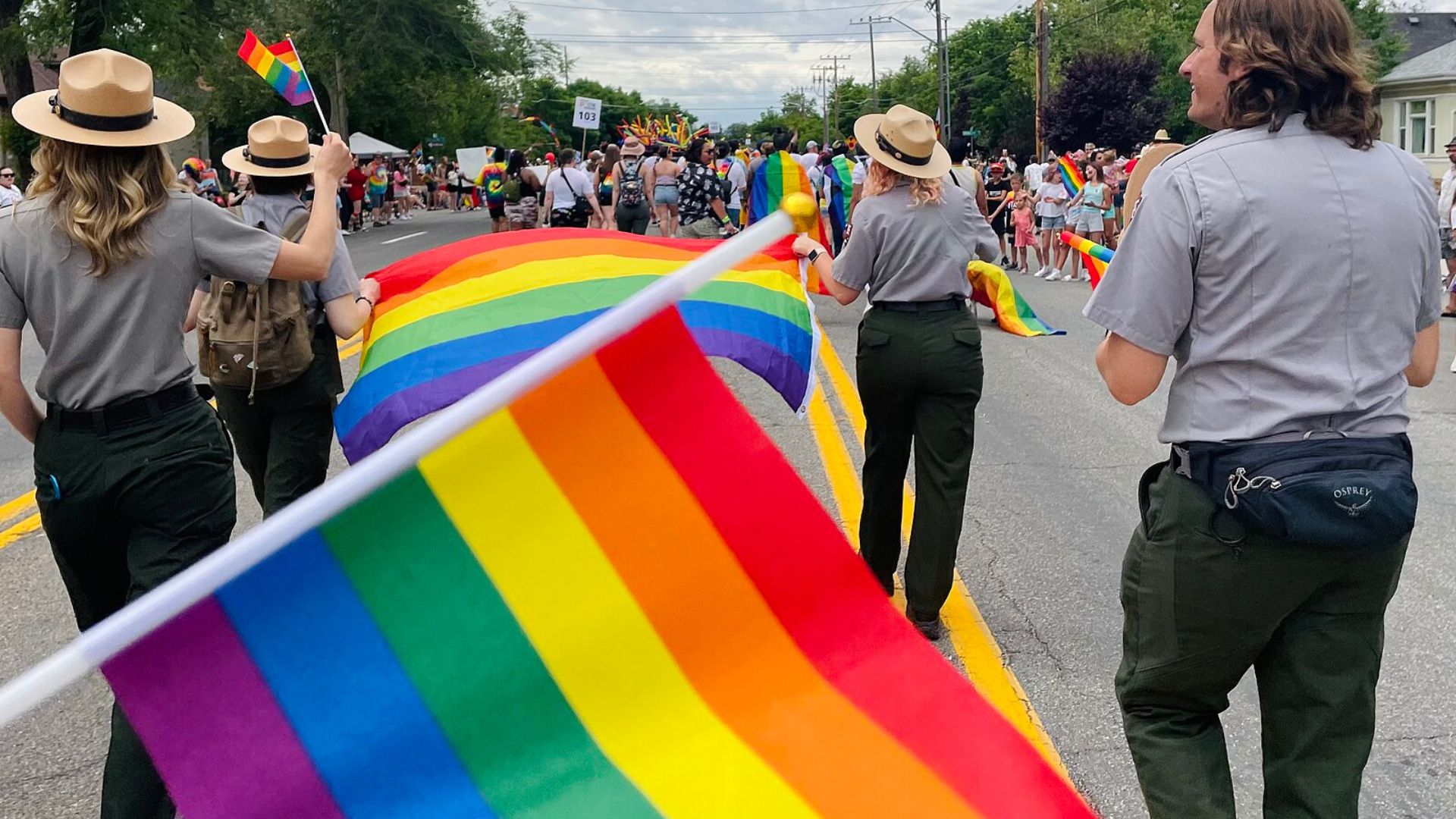
This policy change by the National Park Service marks a notable development in the agency’s approach to employee participation in public events.
As the policy takes effect, it will be essential to monitor how it influences participation in upcoming events and whether it truly fosters an environment of inclusivity and fairness within the agency.
